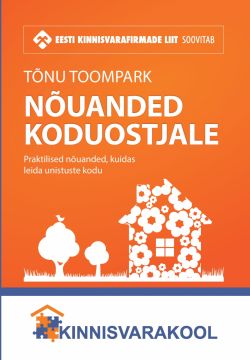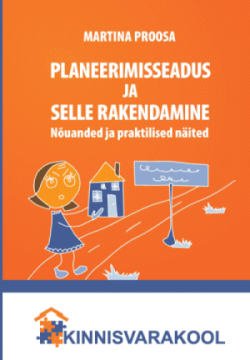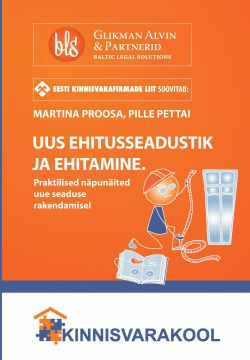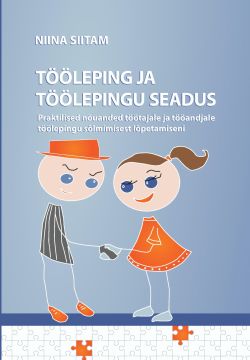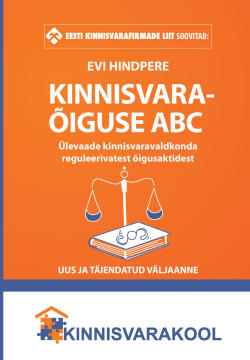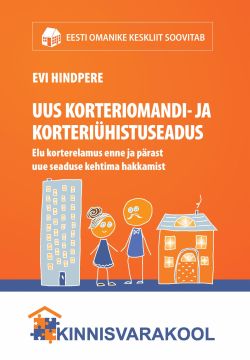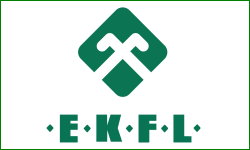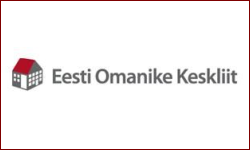 In Q2 2019, the housing affordability index (HAI) increased in Vilnius, but decreased slightly in Tallinn and Riga
In Q2 2019, the housing affordability index (HAI) increased in Vilnius, but decreased slightly in Tallinn and Riga- In Tallinn, the HAI decreased by 4.6 points to 151.5 in the second quarter of 2019, compared with the second quarter of 2018, as net wage growth was slower than an increase in apartment prices and interest rates.
- In Riga, the HAI decreased by 4.7 points to 182.1 as apartment price growth outperformed net wage growth, but interest rates slightly increased. For new-projects and renovated apartments, the HAI decreased by 4.1 to 130.3.
- In Vilnius, the HAI improved by 12.3 points to 144.0 because rapid net wage growth outpaced apartment price growth and offset interest rate growth.

The housing affordability index (HAI) is calculated for a family whose income is equal to 1.5 of average net wages with an average-sized apartment of 55 square meters. The HAI is 100 when households use 30% of their net wages for mortgage costs. When the HAI is at least 100, households can afford their housing, according to the established norm. The higher the index, the greater the affordability.






